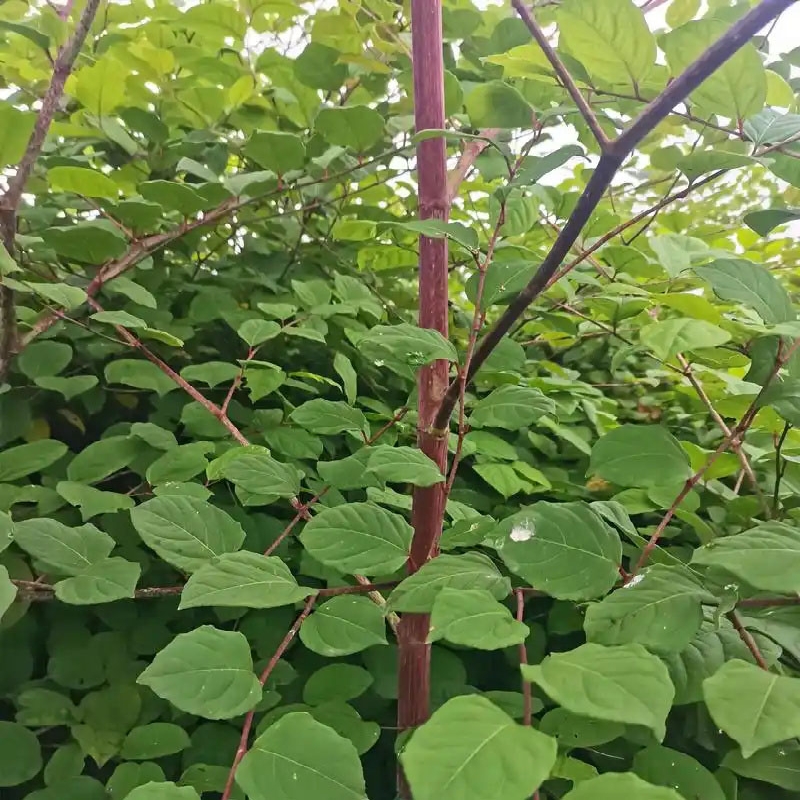-
Categories
-
Pharmaceutical Intermediates
-
Active Pharmaceutical Ingredients
-
Food Additives
- Industrial Coatings
- Agrochemicals
- Dyes and Pigments
- Surfactant
- Flavors and Fragrances
- Chemical Reagents
- Catalyst and Auxiliary
- Natural Products
- Inorganic Chemistry
-
Organic Chemistry
-
Biochemical Engineering
- Analytical Chemistry
-
Cosmetic Ingredient
- Water Treatment Chemical
-
Pharmaceutical Intermediates
Promotion
ECHEMI Mall
Wholesale
Weekly Price
Exhibition
News
-
Trade Service
Different molecular techniques have been developed to study either the global level of methylated cytosines or methylation at specific gene sequences. One of them is a modification of the Amplified Fragment Length Polymorphism (AFLP) technique that has been used to study methylation of anonymous CCGG sequences in different fungi, plant and animal species. The main variation of this technique is based on the use of isoschizomers with different methylation sensitivity (such as
Hpa
II and
Msp
I) as a frequent cutter restriction enzyme. For each sample, AFLP analysis is performed using both
Eco
RI/
Hpa
II and
Eco
RI/
Msp
I digested samples. Comparative analysis between
Eco
RI/
Hpa
II and
Eco
RI/
Msp
I fragment patterns allows the identification of two types of polymorphisms: (1) “Methylation-insensitive polymorphisms” that show common
Eco
RI/
Hpa
II and
Eco
RI/
Msp
I patterns but are detected as polymorphic amplified fragments among samples; and (2) “Methylation-sensitive polymorphisms” that are associated with amplified fragments differing in their presence or absence or in their intensity between
Eco
RI/
Hpa
II and
Eco
RI/
Msp
I patterns. This chapter describes a detailed protocol of this technique and discusses modifications that can be applied to adjust the technology to different species of interest.






